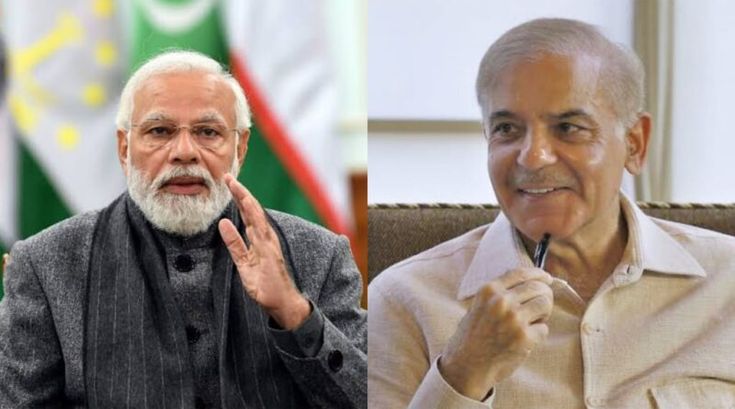In a dramatic and potentially far-reaching gesture, Indian Prime Minister Narendra Modi has pledged that India will expand its authority over water resources that flow into neighboring nations. Addressing a rally in northern India, Modi stated, “Every drop of India’s water must be used for the benefit of our farmers and our people. Water meant for India cannot be allowed to freely flow across international borders.”
Though the prime minister did not mention particular treaties or countries, the comments are generally seen as a reference to Pakistan, which shares the Indus River system with India — regulated by the decades-long Indus Waters Treaty (IWT) facilitated by the World Bank in 1960.
A Shift in Tone
Modi’s remarks are made at a time of increased geopolitical tensions and rising national attention to water shortages and agricultural stress. With a number of Indian states facing drought and running down groundwater, water has emerged as a political and strategic resource.

This declaration constitutes a possible departure from India’s traditionally conservative handling of the IWT, which has endured wars and diplomatic collapse. Some observers view it as an indicator that India can now employ water as a strategic card — particularly since Pakistan continues to protest Indian hydropower installations on the western rivers of the Indus basin.
International Repercussions Likely
Neighboring nations such as Pakistan and Bangladesh will likely closely monitor what India does next. Any move to manipulate the course of transboundary rivers risks fanning regional tensions and triggering legal or diplomatic action in response. Pakistan, for example, depends significantly on the Indus River for irrigation and drinking water — any interference could be disastrous.https://thethoughtlane.com
Environmentalists and water policy specialists caution that politicizing river flows can be a potentially risky precedent for South Asia, one of the world’s most water-scarce and populous areas. “Water ought to be a weapon of cooperation, not contest,” insists Dr. Amina Qureshi, an Islamabad-based transboundary water governance specialist.
The Domestic Angle
Domestically, Modi’s announcement is likely to be popular in water-stressed states, particularly among farming communities. With elections on the horizon in several states, the promise to prioritize Indian water for Indian citizens plays well to nationalist sentiments.
However, critics argue that focusing on cross-border water issues may distract from internal mismanagement of water resources, including over-extraction, pollution, and inefficient irrigation systems.
What Comes Next?
ndia has not formally moved to renegotiate the Indus Waters Treaty or any other international water-sharing agreements. But Modi’s rhetoric could indicate an intent to push the limits of existing treaties — such as maximizing upstream water use, accelerating dam construction, or using “technical compliance” to reduce downstream flow.
With water security becoming a defining challenge of the 21st century, Modi’s words may signal the beginning of a new era — one where rivers are not just lifelines but also instruments of power.




